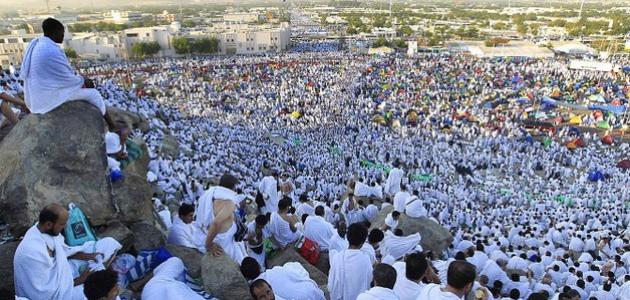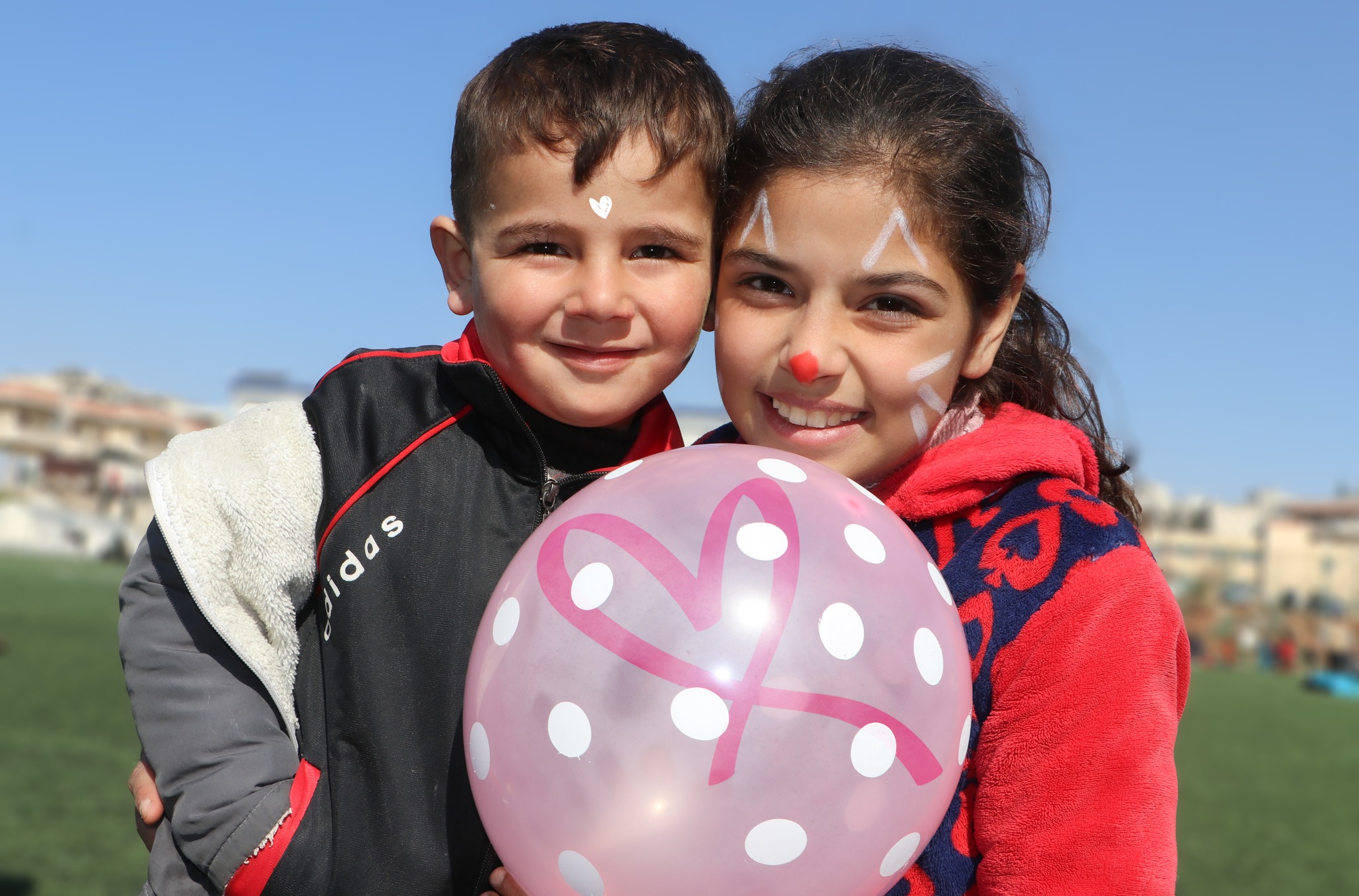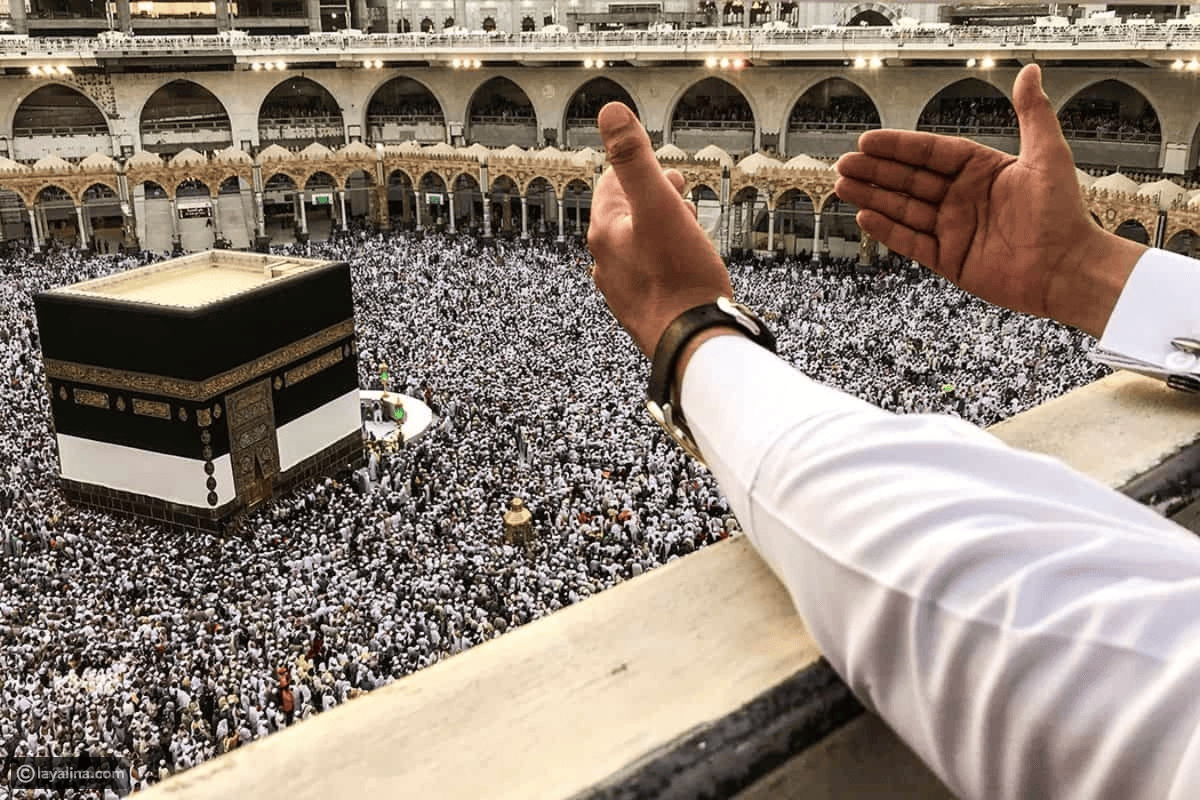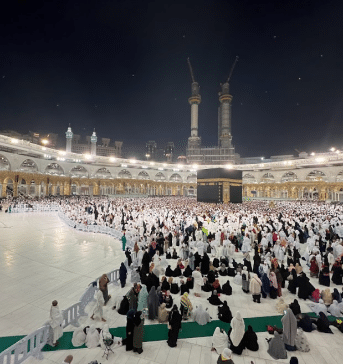The Day of ‘Arafah, also known as the Day of Arafat, is one of the most significant days in the Islamic calendar. It occurs on the 9th day of Dhul-Hijjah, the twelfth and final month of the Islamic lunar year. This day holds immense importance for Muslims around the world, particularly those performing the Hajj pilgrimage. In this article, we will explore the significance, rituals, and spiritual benefits of the Day of ‘Arafah.
The Significance of the Day of Arafah
The Day of Arafah is considered the pinnacle of the Hajj pilgrimage. It is a day of profound spiritual reflection, supplication, and seeking forgiveness from Allah. For those not performing Hajj, it remains a day of fasting and increased devotion.
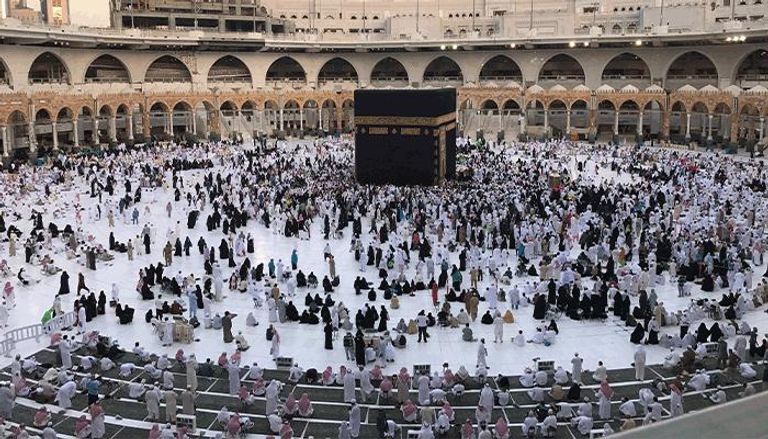
The Power of Charity in Arafah Day
This day amplify the benefits of Zakat (mandatory charity) and Sadaqah (voluntary charity). Engaging in these charitable acts not only aids the needy but also spiritually enriches the giver, fostering a sense of community and shared blessings.
The Event of Arafah in Hajj
On the Day of Arafah, pilgrims gather in the plain of ‘Arafat, a vast expanse located about 20 kilometers from the holy city of Mecca. Standing at ‘Arafat, known as Wuquf, is a crucial rite of Hajj. The Prophet Muhammad (peace be upon him) said, “Hajj is ‘Arafah” (Sahih Muslim), emphasizing that the pilgrimage is incomplete without this act. Pilgrims spend the day in earnest prayer, seeking Allah’s mercy and forgiveness.
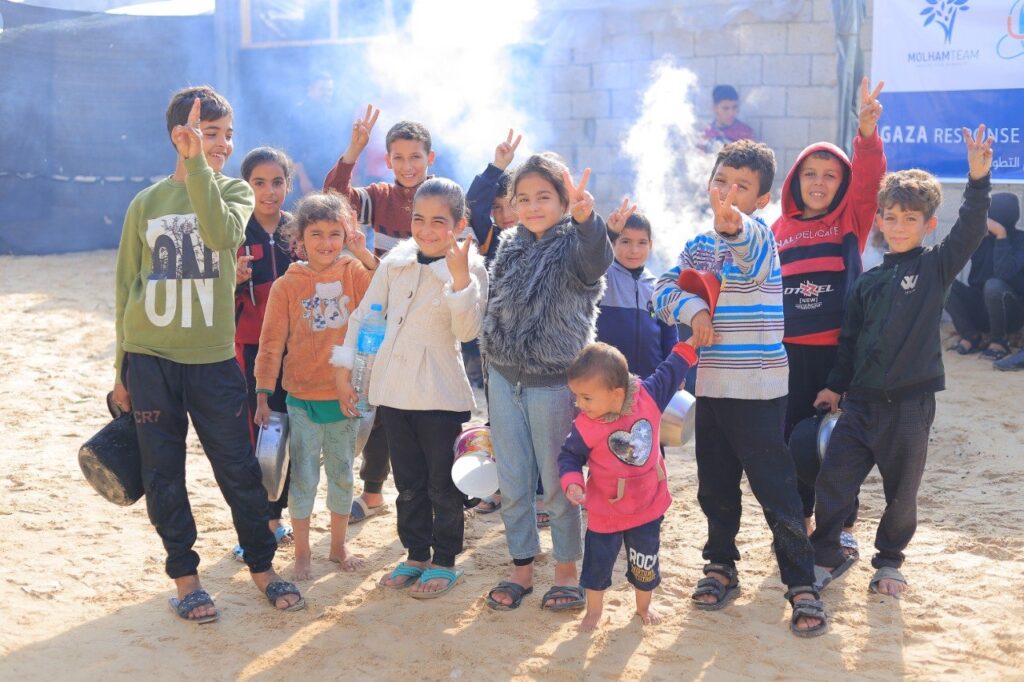
The Day of ‘Arafah has historical significance as it is the day when the Prophet Muhammad (peace be upon him) delivered his Farewell Sermon during his final Hajj. In this sermon, he outlined key principles of Islam, justice, and equality. The day also commemorates the revelation of the verse from the Quran, “This day I have perfected for you your religion and completed My favor upon you and have approved for you Islam as religion” (Surah Al-Ma’idah, 5:3).
Fasting on the Day of Arafah
For Muslims who are not performing Hajj, fasting on the Day of ‘Arafah is highly recommended. The Prophet Muhammad (peace be upon him) said, “Fasting on the day of ‘Arafah expiates the sins of the previous year and that of the following year” (Sahih Muslim). This act of devotion is a means to seek forgiveness and earn immense rewards.
Sadaqah on the Day of Arafah
The Importance of Sadaqah
Sadaqah, or voluntary charity, is a fundamental aspect of Islam that embodies compassion, generosity, and social justice. On the Day of ‘Arafah, the act of giving Sadaqah holds even greater significance. It is an opportunity to maximize rewards and blessings, as this day is known for Allah’s immense mercy and acceptance of good deeds.
Why Give Sadaqah on the Day of Arafah?
- Increased Rewards: The Day of ‘Arafah is one of the most virtuous days in Islam. Acts of worship and charity performed on this day are believed to be rewarded manifold.
- Spiritual Purification: Giving Sadaqah helps purify one’s wealth and soul. It is an expression of gratitude to Allah for His blessings and a means to cleanse oneself of sins.
- Supporting the Needy: Sadaqah helps alleviate the suffering of those in need. By giving charity, Muslims contribute to the well-being of their communities and support those who are less fortunate.
- Strengthening Faith: Engaging in acts of charity on this holy day strengthens one’s faith and connection to Allah. It fosters a sense of empathy and solidarity with others.
Act now and SEMA will deliver your Sadaqah
Let this day of Arafah be a time of active participation in both spiritual and communal acts. Contribute to Qurbani and seize the opportunity to bring about positive change in your community and beyond.
FAQ
Why is the Day of ‘Arafah important in Islam?
The Day of ‘Arafah is important because it is the day when pilgrims stand at ‘Arafat, a crucial rite of Hajj. It is also a day for all Muslims to seek forgiveness, make supplications, and engage in worship.
What are the benefits of fasting on the Day of ‘Arafah?
Fasting on the Day of ‘Arafah expiates the sins of the previous year and the following year. It is a means to seek Allah’s mercy and earn immense rewards.
Can non-pilgrims observe the Day of ‘Arafah?
Yes, non-pilgrims can observe the Day of ‘Arafah by fasting, making supplications, engaging in extra prayers, reciting the Quran, and performing acts of charity.
Read More:
10 Things to do in Arafah day
What to Do on the Day of Arafah
How to Prepare for and Perform Qurbani?
Beneficiaries of Qurbani
Qurbani 2024, Your guide to Qurbani
Eid Al Adha
The importance of ten days of dhulhijjah
Resources

